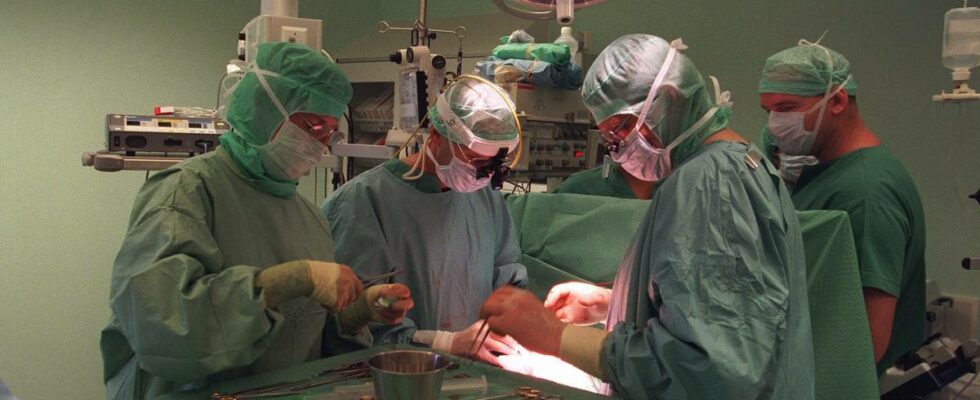– Like shooting sparrows with a cannon, says senior physician Jens Aksel Nilsen, at Bærum Hospital and the University of Oslo. He has led the study which reveals a worrying practice in the Norwegian healthcare system. Every year, thousands of Norwegians have to remove benign polyps in the intestine. These can develop into cancer, and can be easily removed using a so-called colonoscopy. This is a method that does not require anesthesia or hospitalization. Now it turns out that a large number of patients have instead had to undergo major surgical interventions, despite the fact that this is a breach of the guidelines. Chief physician Jens Aksel Nilsen believes that many patients have been exposed to unnecessary risks. Photo: Private Patients at risk During surgery, the abdomen is opened and parts of the intestine are removed. It may have led to serious complications for several people. – Norwegian surgery is world-class, but nevertheless it is in the nature of the treatment that it is comprehensive. The patient has lost part of his intestine, and some have had complications, says Nilsen. In the worst case, the unnecessary interventions may have cost human lives. – Data shows that between 0.5 and 1.4% die after surgery for a benign polyp, says Nilsen. The practice also results in enormous costs for society. According to the study, the 4,566 patients who were operated on had a price tag of almost NOK one billion just in terms of bed post days. In addition, there are costs associated with operating theatres, intensive care and any late complications. Calls for measures The study was published in Tidsskrift for The Norwegian Medical Association today. The researchers analyzed data from the Norwegian Patient Register for the period 2008 to 2021. During this period, it was discovered that more and more patients are having polyps surgically removed. The study comes at the same time as a nationwide screening program against bowel cancer is being rolled out. All 55-year-olds will now receive a sample kit to take a stool sample at home, which will be sent to a laboratory for analysis. If blood above a certain amount is detected in the stool sample, they are offered an examination at the hospital. The researchers believe it is urgent to establish measures to avoid even more patients being operated on unnecessarily. – When you screen healthy people, you have a special responsibility to offer treatment and diagnostics of the highest quality. Arrangements must be made so that we can increase our competence, says Nilsen. He points out that the proportion of people who are operated on has fallen somewhat in recent years in Helse Sør-Est, where good interdisciplinary collaboration and investment in skills development have been developed. Division director Hilde Myhren in the Directorate of Health. Photo: Dragana Njegic / Directorate of Health – Interesting findings – There are several interesting findings in the study that raise important questions for the health service, says division director Hilde Myhren in the Directorate of Health. She believes it is good that studies are published that cast a critical spotlight on the practice. – We should pay particular attention to investigations that seize large resources where the benefit does not match the cost. Determining the optimal level for surgical removal of benign polyps is challenging. The aim is to keep the risk as low as possible, and measures that can contribute to this should be considered, says Myhren. Published 04/09/2024, at 09.45
ttn-69
4,500 patients needlessly operated on – news Buskerud – Local news, TV and radio

